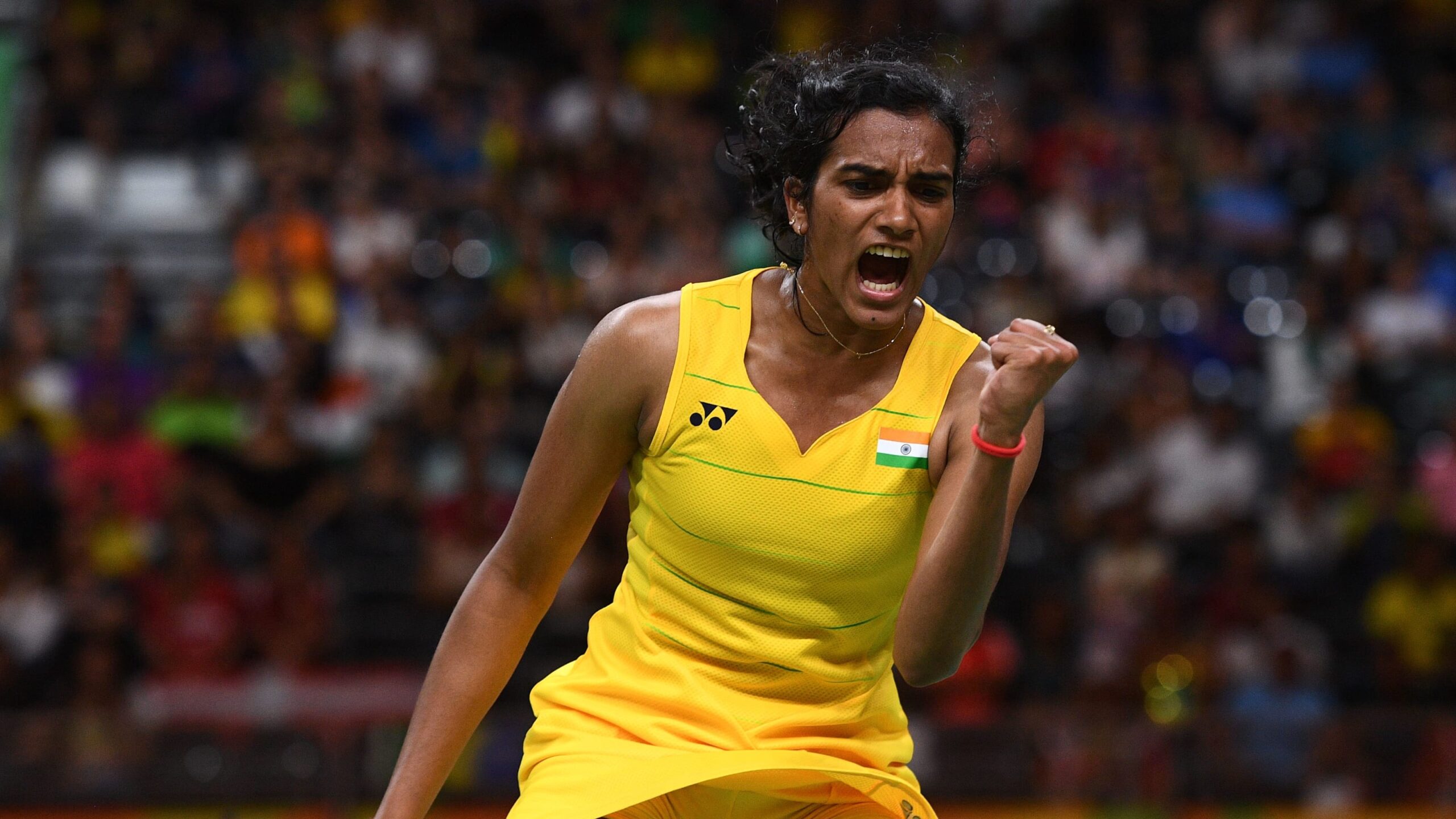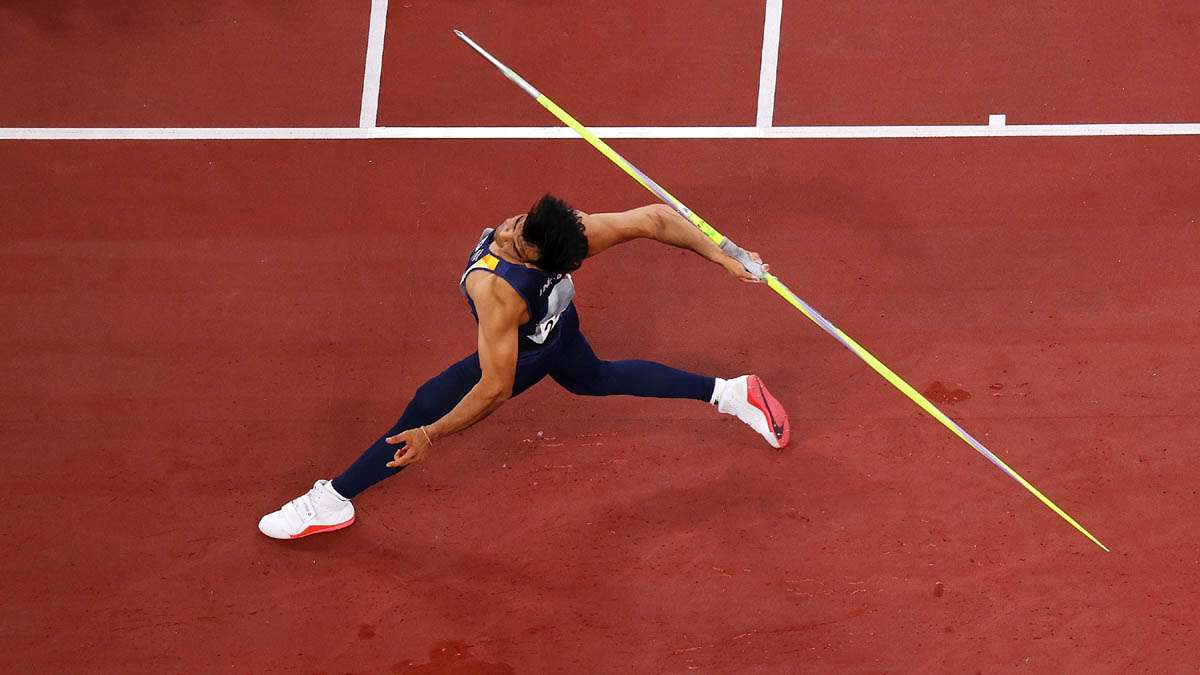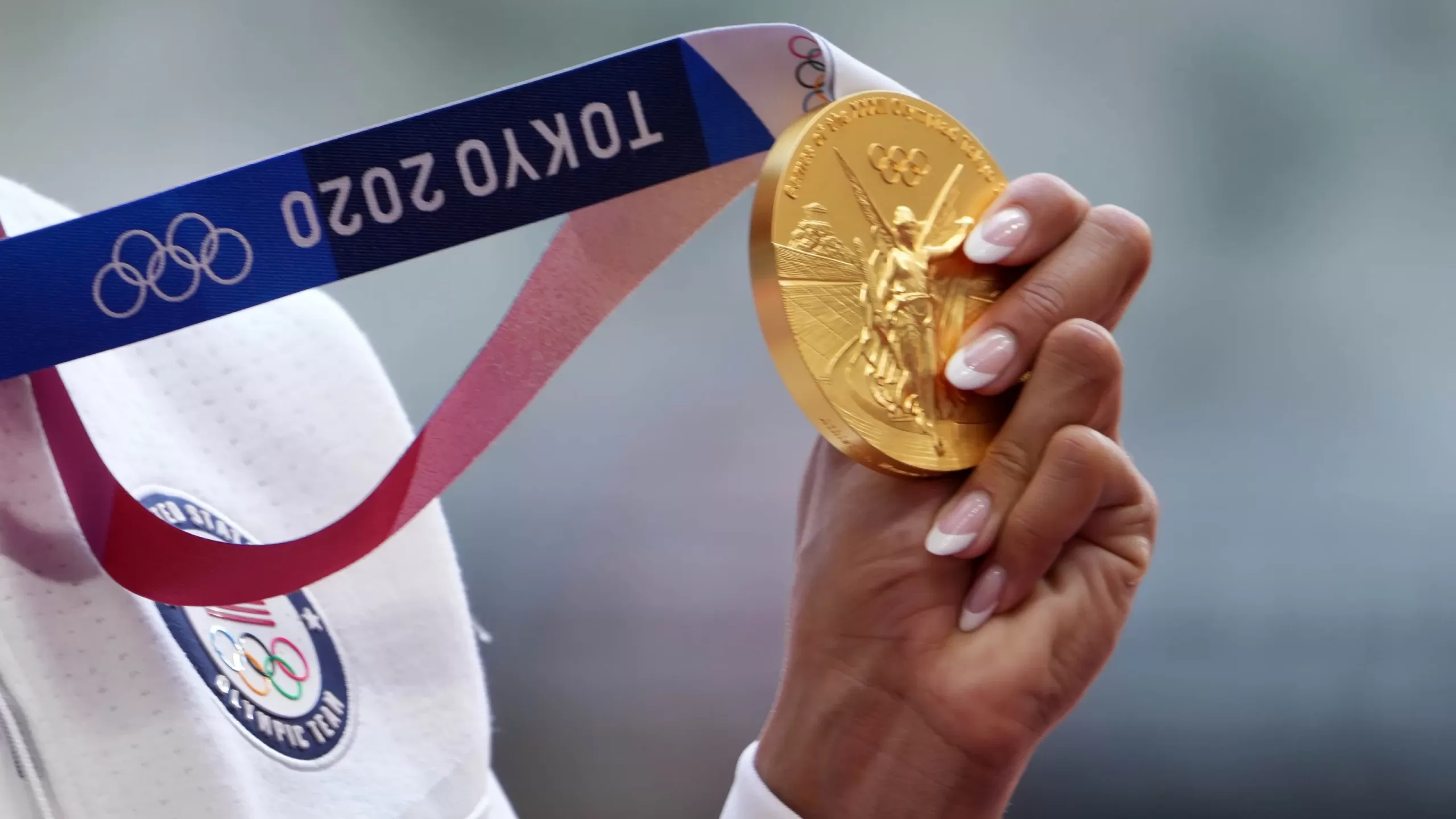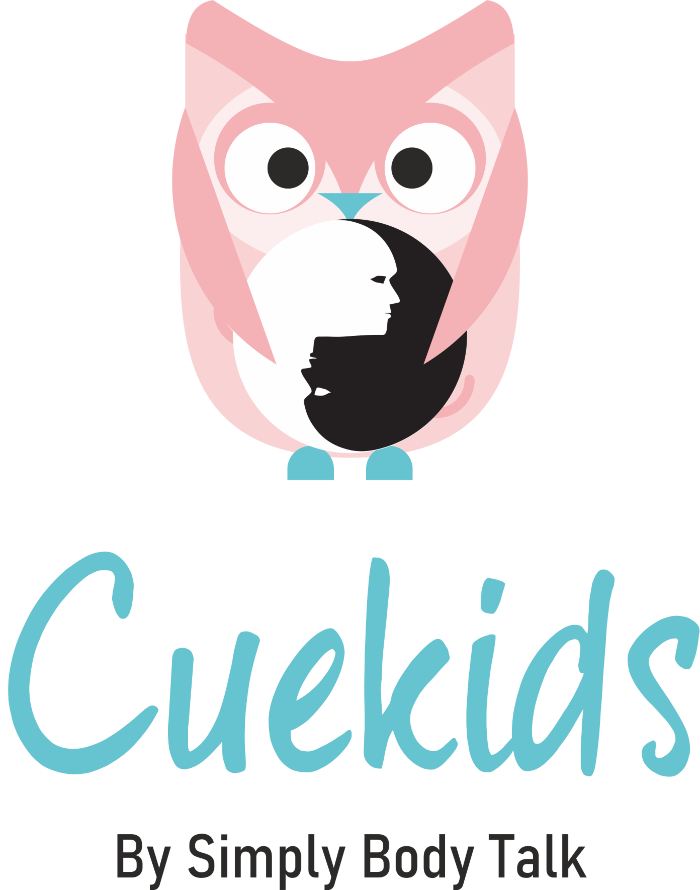If you were to walk up to your child right now and ask them if they would want to play a game, chances are that they would immediately extend their palm out with the assumption that you are talking about a video game. (Don’t believe me? Try it out). In today’s day and age the phrase “playing a game” has acquired a completely new set of definition. More and more children are replacing outdoor, physical sports with indoor, online ones. The shift is so drastic that instead of going out and actually engaging in games like football, basketball or cricket, children prefer downloading an app for it and playing it on their phones or on their video game boxes.
While for many this is a great quick fix to keep one’s child entertained or busy, in reality it is only stealing away from the child all the opportunities of growth and development that outdoor sports bring with itself.
On this Olympics Day, let me tell you how sports add to the holistic development of children.
What is Olympics Day?
Olympics Day is a day that is dedicated to the celebration of sports, health and being together. On June 23rd 1894, the International Olympic Committee was founded and ever since then June 23rd is dedicated as a day of celebration with a new theme every year. This year’s theme is ‘Together, For a Peaceful World’ and keeping the spirit of this theme in mind, I have laid down how sports adds to the development of an overall growth in your children.

‘Together, For a Peaceful World’
The beauty of sports, be it any kid, is that it is an amalgamation of people from different cultures and backgrounds. When countries enter the Olympics, players know that they are representing their countries not just in terms of their performance, but also their behavior. This is where a high functioning cultural intelligence and a good set of social skills come into play.
1. Cultural Intelligence
Cultural intelligence is one’s ability to understand, relate and work across different cultures. Sports does exactly this. It brings the players face to face with audiences, fans and other teammates, all belonging from a varied cultural backgrounds. Thereby, making them work on their knowledge of different cultures as well as their own inner biases and stereotypes. Without an empathetic cultural approach, one can simply not become a good sports player.
Read: 5 Benefits of Cultural Intelligence for Kids
2. Social Skills
Sports and social skills can be used almost synonymously. When children enter into sports, they learn and develop some of the social skills that they will need for life. Being part of a team requires for them to show skills like collaboration, corporation, turn-taking, and patience. It also teaches them to be less selfish, less self-oriented and become more team-oriented. They learn how they can successfully and peacefully be a part of a group, talk to new people, and show assertiveness but yet at the same time remain kind.
3. Emotional Skills
Everyone knows that wins and losses are a part of the game when it comes to being a sports player. Not everyday will be a day of scoring a century or making that winning goal. To be able to face that and yet not let it affect your esteem requires a certain level of emotional intelligence. Teaching children to be okay with losses and failure through sports, allows them to transfer that skill to other areas of their life as well. They grow up to become adults who have a better grip on their emotions and a healthy set of self-esteem.
Read: Emotional Intelligence in Kids

Conclusion
It’s a misconception that sports only allows for physical development. It’s a much more well-rounded field that should be explored by children as early as possible. When children are young, they pick up on teachings must faster and what better way to do that than playing games with them?






Leave A Comment